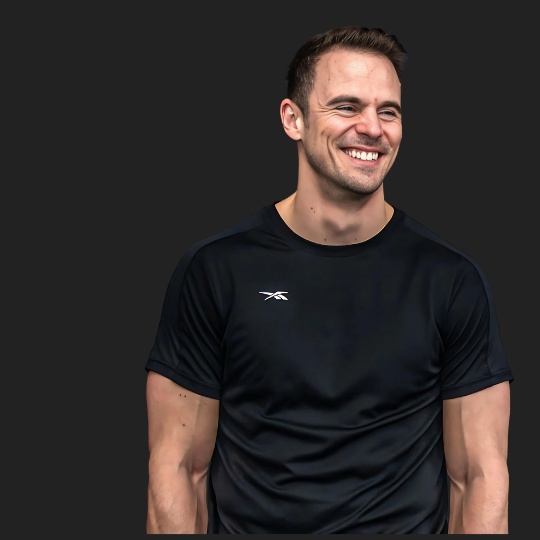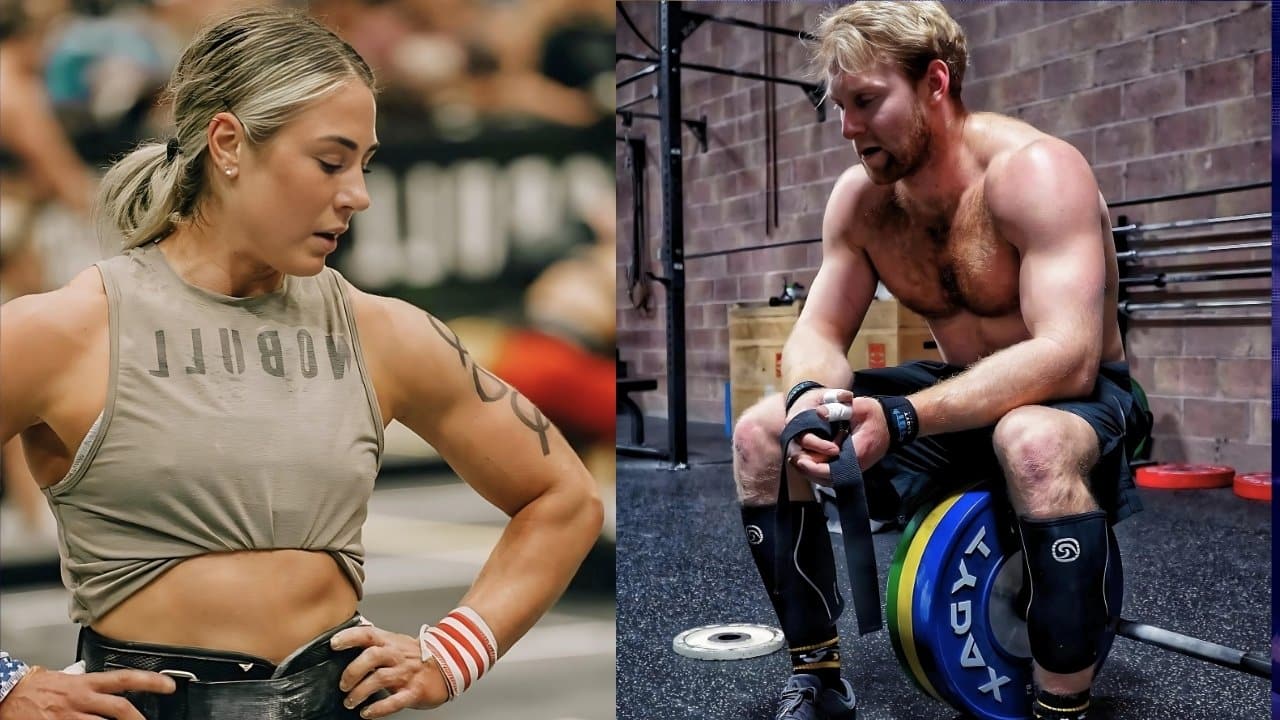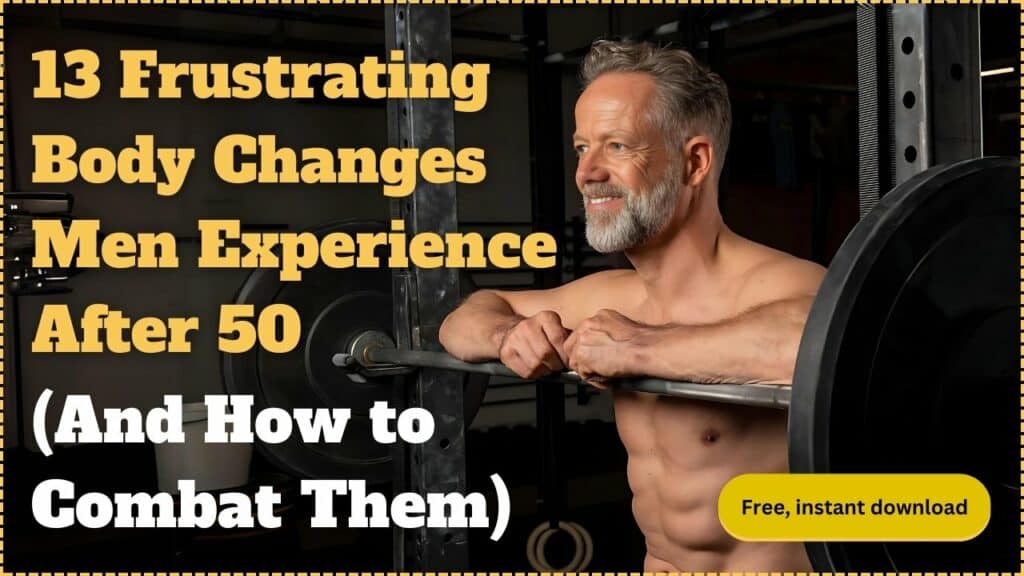Recent events have rocked the CrossFit community, casting shadows over the fairness and integrity of its qualification process.
Score changes and penalties have thrown the sport’s qualification process into question, sparking a passionate debate about fairness and integrity.
Popular CrossFit YouTuber Craig Richey ignited this controversy, exposing flaws that jeopardize the careers of top athletes – even veterans like Brooke Wells and Pat Vellner.
Is CrossFit sacrificing fairness for the convenience of online events?
This article investigates the unsettling details and the community’s demands for solutions to restore the sport’s integrity.
Jump to:
The Qualification Controversy
The current CrossFit season witnessed unexpected leaderboard changes that altered the fate of several competitors.
Athletes found themselves penalized after score reviews, leading to drastic changes in their standings.
Notably, Pat Vellner and Brooke Wells, two seasoned competitors, faced severe repercussions.
Vellner, known for his consistent adherence to the rules, was almost disqualified from progressing to the semi-finals due to score penalties. If Vellner had been competing in Europe instead of his region, these penalties would have excluded him from the semi-finals entirely, preventing his appearance at the Games.
Similarly, Brooke Wells was penalized, dropping to 39th in her region and barely securing a spot in the semi-finals.
Under different regional standings, like those in Europe, her global position would not have sufficed for semi-final qualification.
The Problems with Online Qualifications
The core issue highlighted by these incidents is the reliance on online qualification systems, which depend heavily on video submissions and remote judging.
These methods introduce significant variability in how performances are assessed.
Paige Powers, an athlete who finished 10th at the Games and won the Wodapalooza competition, saw her qualification chances vanish when her initial workout score was heavily penalized, plummeting her to 104th in her region.
Such drastic alterations bring into question whether it is the athletes or the nature of the workouts themselves causing these widespread discrepancies.
Athlete and Community Reactions
The community response has been one of frustration and solidarity, with calls for systemic changes to the qualification process.
Athletes affected by these changes, along with their coaches and fans, have expressed disappointment and concern over the transparency and fairness of the current system.
There is a growing consensus that while online competitions may be financially beneficial for CrossFit, they do not adequately reflect athletes’ capabilities and efforts accurately or fairly.
Proposed Solutions and Alternatives
In light of these issues, several reforms have been suggested by the community.
These include increasing the number of in-person competitions that can qualify athletes for major events and overhauling the video review and judging processes to ensure greater consistency and fairness.
Advocates for change argue that such measures would not only maintain the competitive integrity of the sport but also protect the athletes’ careers and the investments of sponsors and brands.
Watch the video:
Conclusion
The recent controversies in CrossFit’s qualification process serve as a critical reminder of the need for balance between commercial interests and the welfare of athletes.
For a sport that thrives on community and competition, ensuring fair play and transparent governance is essential.
It is imperative for CrossFit’s governing bodies to address these issues promptly, fostering an environment where athletic prowess and integrity dictate who reaches the pinnacle of the sport, not arbitrary or flawed processes.














